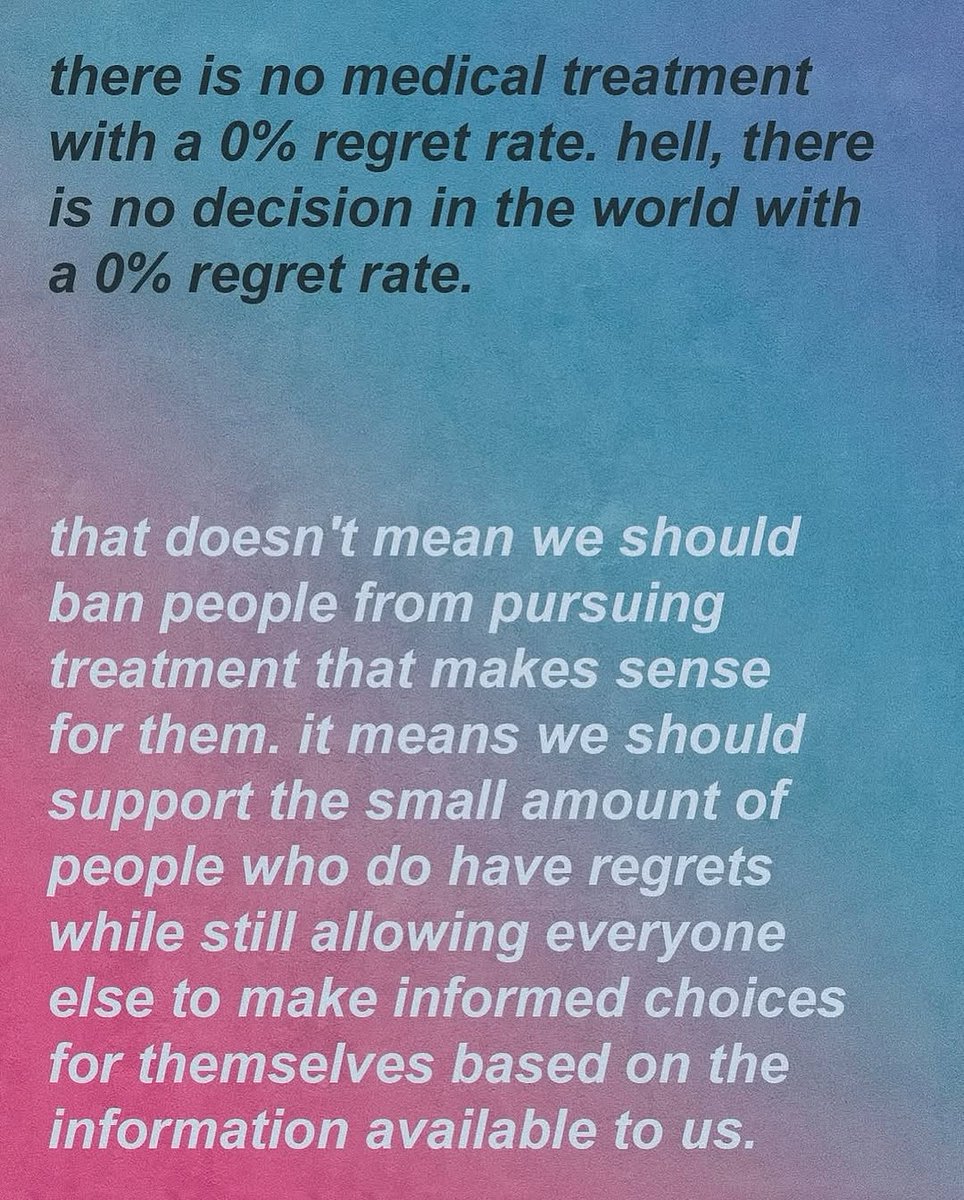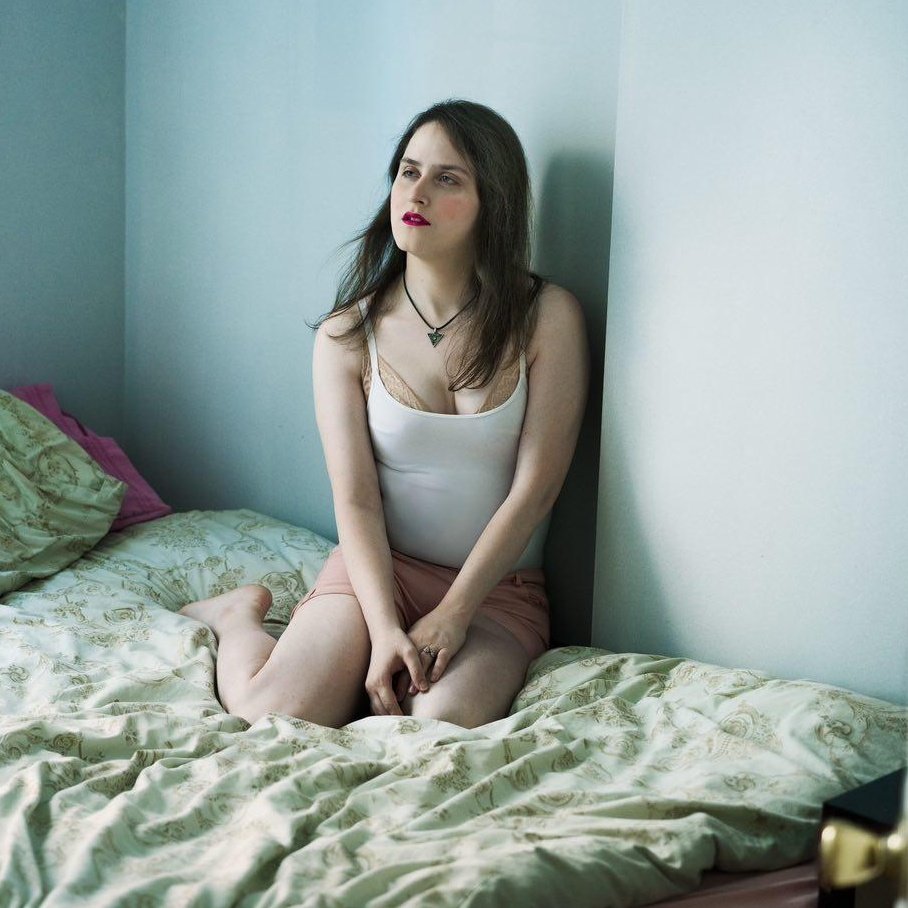Another visit to an ancestral grave, in Mannheim, Deutschland.
2 years ago I tracked down my paternal grandfather's great-grandfather's grave: Yosef Stein my closest ancestor (and last in a long line - Stein name is German and originated there) buried in Germany.
1/5
2 years ago I tracked down my paternal grandfather's great-grandfather's grave: Yosef Stein my closest ancestor (and last in a long line - Stein name is German and originated there) buried in Germany.
1/5

While I knew a bit about him growing up, including that he is buried in Mannheim, as far as family stories and traditions go I didn't know much
Yosef was also the Zaide (grandfather) who I share with the closest non-Hasidic (multi-generational) family I have >
2/5
Yosef was also the Zaide (grandfather) who I share with the closest non-Hasidic (multi-generational) family I have >
2/5

> 2nd and 3rd cousins whose existence my family has ignored since WWII, including his second wife.
I don't know why so much of his history (he only passed away in 1915 - I was raised with far more details of ancestors who lived a lot earlier than that) wasn't talked about >
3/5
I don't know why so much of his history (he only passed away in 1915 - I was raised with far more details of ancestors who lived a lot earlier than that) wasn't talked about >
3/5

> some known details hidden, and some details lied about (like place of birth, second wife, and made up gravestone wording). The fact that he and many of his kids and grandkids didn't fit the stereotypical "image of a Hasidic grandfather" seems to be most likely.
4/5
4/5

To me graves aren't about the dead, it's about the living. It's about finding ourselves and places that help us realize -
That sometimes, no matter what our family says and does, our own "stepping out of line" might just be part of a family tradition.
Or not, and that's fine.
5/5
That sometimes, no matter what our family says and does, our own "stepping out of line" might just be part of a family tradition.
Or not, and that's fine.
5/5

• • •
Missing some Tweet in this thread? You can try to
force a refresh















